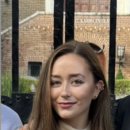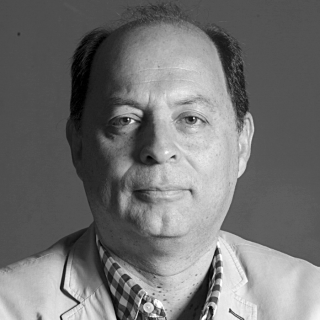
A popular option to big capital | OP-ED
MORE IN THIS SECTION
Bogotá has 8 million inhabitants, an enormous vehicular chaos that involves up to four hours a day to get to and from work and an unfulfilled promise of more than half a century to build the subway.
In the convulsed center of the Colombian capital, perhaps the most congested road with buses, cars, motorcycles, bicycles and pedestrians and a deafening noise, there is an office that only now many are learning that it exists. It is a public entity of strategic importance in these times of political change in Colombia. It is in the heart of Bogotá, in the center of the country and should help solve problems that are up to 1,200 kilometers away.
It is called Unidad Administrativa Especial de Organizaciones Solidarias, and in the Google news search engine it only has 26 results. It seems that it was hidden under the carpet so that no one would know of its existence, and it could move as a political fortress.
This was the case at least until August last year, when Gustavo Petro was sworn in as president of Colombia, the first leader with left-wing origins to come to power. It is not an easy task to change the vices of public administration, which has overseen the right wing for two centuries, and to benefit more than 20 million men and women living in poverty and more than 7 million in extreme poverty. This is a key issue because half of the population are in these conditions.
With that name, difficult to remember, which at the end of March began to be called Unidad Solidaria, this entity is vital for Petro’s economic policy, which seeks to change the priorities of the governments of the last two centuries, which gave this task to the interests of those who have dominated the economic wealth of Colombia from trade, industry, technology and natural resources.
RELATED CONTENT
That is why this entity is important, which focuses its work on social organizations, a somewhat general term, but which brings together cooperatives, employee funds, community boards, associations of shopkeepers, community mothers... Many people throughout the country, from Afro-Colombian communities, indigenous peoples, farmers, displaced persons in the urban sector... In short, an important engine of the economy: popular economy.
One of its many tasks is precisely to stimulate the local economy, to promote the agricultural production of peasant families and the economic activity of the communities. But there is something that has a lot of weight in these times, which is associativity. It is not enough to produce something, but to do it well and to be able to join with others to compete efficiently and enter markets beyond the local one. Now they will also seek to enter the business development circuits, with contributions from science and technology.
It should be noted that the mission of the Solidarity Unit is connected in this government with the purpose of peace, which involves truly resolving the historical abandonment by the State of populations in half of the country, exposed for decades to war between different armed groups of diverse origins and illegal economies. It implies deactivating the war, drug trafficking, illegal mining and its economic, social and political consequences. But also, the recognition and respect for diversity and the inclusion of the communities in all issues that can lift them out of poverty: education, health, access roads, judicial agencies, productive projects, basic sanitation, security…
It sounds illusory and somewhat utopian, but it is the essence of democracy, which cannot be useful for some and disadvantageous for the majority. With that challenge is Mauricio Rodríguez, head of Unidad Solidaria, who, for the first time, has a responsibility in a position of such importance in the State, like many of Petro’s co-supporters, who were always in the opposition. Now they are on the other side.
(*) Colombian journalist, writer and political scientist, editor of AL DÍA.







LEAVE A COMMENT:
Join the discussion! Leave a comment.